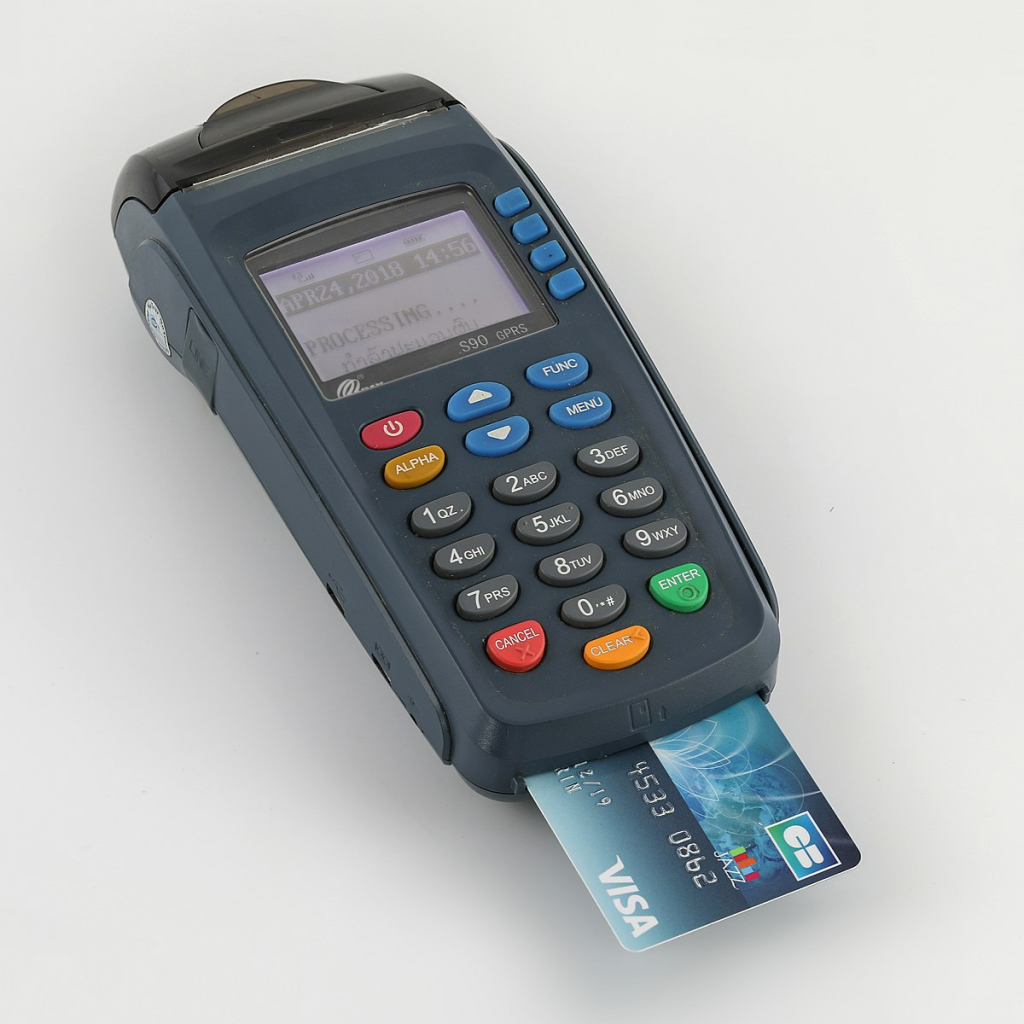Offering charge card machines involves navigating the vibrant landscape of economic engineering, knowledge the growing needs of firms, and offering options that improve efficiency and customer experience. As a supplier, it’s crucial to position bank card machines not merely as transaction instruments but as built-in components of a contemporary, streamlined business operation.
One of the essential central factors in selling credit card machines is highlighting the advantages they provide to businesses. These models allow protected and easy transactions, flexible a variety of cost techniques from conventional card swipes to contactless funds and processor inserts. Focusing the pace and consistency of those transactions is crucial, especially in a world where customers expect seamless and fast cost processes.
In addition to transactional performance, vendors should underscore the protection characteristics stuck in contemporary bank card machines. With increasing issues about data breaches and fraud, firms are eager on adopting solutions that prioritize the safety of financial transactions. Credit card models built with encryption technology and submission with business criteria give a secure atmosphere for both businesses and their customers.
Understanding the varied needs of corporations is paramount in offering credit card machines. Different industries may need specific functions, such as for example catalog administration integration, hint control for eateries, or repeating billing for subscription services. Customizing answers on the basis of the special requirements of each customer fosters confidence and guarantees that the credit card unit aligns seamlessly with their functional processes.
More over, suppliers need to stay informed about the newest breakthroughs in charge card machine technology. This includes attention of emerging styles such as for instance mobile payment possibilities, digital wallets, and the integration of synthetic intelligence in payment systems. Showing an extensive understanding of the ever-evolving fintech landscape instills self-confidence in clients, ensuring them that the solutions provided are at the front of business innovation.
Building strong relationships with customers is an integral facet of effective charge card unit sales. This involves not merely understanding their quick wants but in addition anticipating potential needs as their organizations grow. Establishing constant interaction routes and giving open customer care subscribe to a positive and enduring partnership.
Training clients in regards to the cost-effectiveness of charge card devices is yet another essential part of the offering process. While there might be an initial investment, focusing the long-term savings from paid down income managing, decreased human problems, and improved transaction sizes can swing businesses toward realizing the value of these models as proper assets as opposed to simple expenses.
Last but most certainly not least, vendors must look into giving detailed teaching and onboarding support to customers adopting charge card machines for the first time or changing to replaced systems. This guarantees an easy integration process, reduces disruptions to day-to-day procedures, and enhances the benefits of the brand new technology. Giving continuous sell credit card machines possibilities also roles suppliers as valuable associates dedicated to the accomplishment of these clients.

To conclude, offering credit card products needs a multi-faceted method that combines scientific expertise, a deep knowledge of client needs, and powerful transmission skills. By positioning bank card models as transformative instruments that improve protection, effectiveness, and customer satisfaction, sellers subscribe to the modernization and success of corporations across numerous industries.
